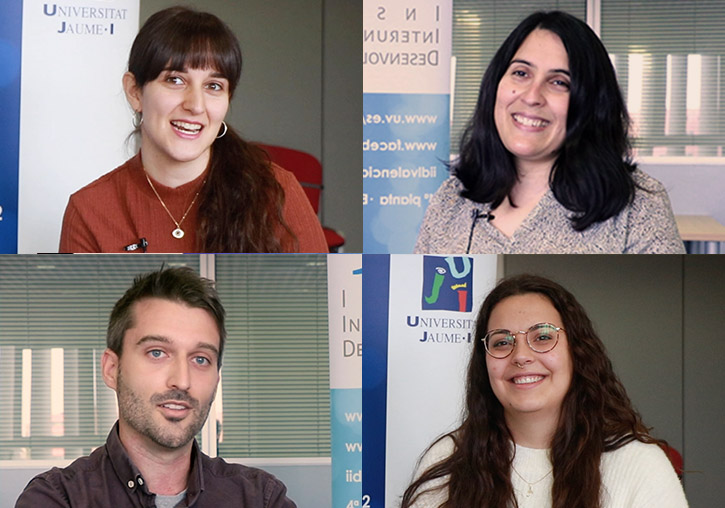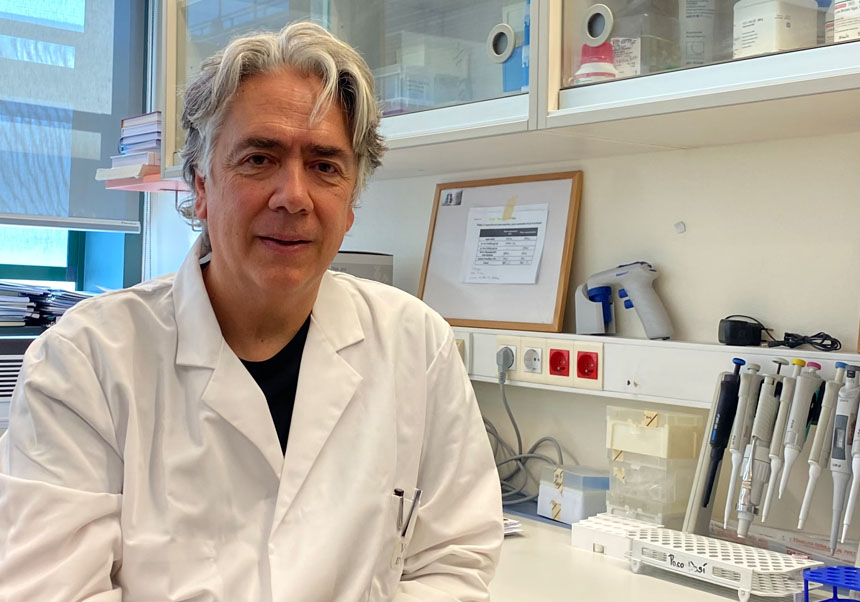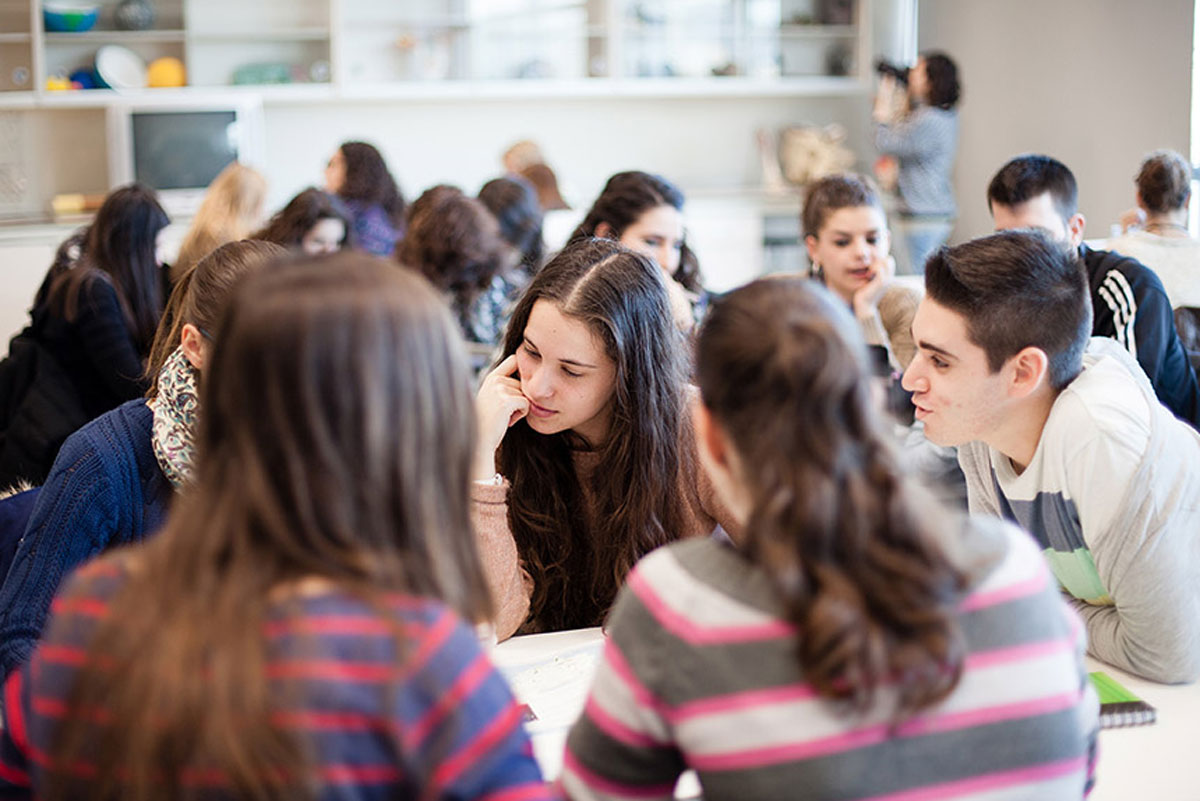Emerging Science shows the youngest research from the Interuniversity Institute of Local Development
- Scientific Culture and Innovation Unit
- December 1st, 2021

Emerging Science, a scientific dissemination project where the research staff explains their work through short videos, shows the work of the Interuniversity Institute of Local Development, a centre of the University of Valencia and the Universitat Jaume I of Castelló that studies territorial governance, land use planning and the environment; local development; tourism and the economy of culture and social cohesion.
Emerging Science is a project of the Scientific Culture and Innovation Unit that also explains the operation of the different institutes and mixed centres of the University of Valencia. On this occasion, it collaborates with the Interuniversity Institute of Local Development (IIDL) located on the Orange Campus of the University of Valencia. In the videos you can see some of the doctoral staff who explain their work at the institute: Glòria Maria Caravantes, Cristina Herraiz Lizán, Néstor Vercher and Ángela Carbonell.
Glòria Maria Caravantes is a researcher in training at the University of Valencia with a FPU pre-doctoral contract. She belongs to the Grupo Estudios Sociales Intervención e Innovación (GESinn) research group. “My thesis seeks to analyse from an interdisciplinary perspective the phenomenon of urban vulnerability and at the same time design what would be a public policy of intervention for the Valencian Community”, she said. She participates in the EMJU COVID project that analyses the impact of the COVID crisis on the employment of the youth population from a gender perspective and in the social services laboratories project of the Valencian Community (Jaume I University, University of Alicante and University of Valencia).
Cristina Herraiz, with a degree in Geography from the UV, a master’s degree in Rural Development from the Mediterranean Agronomic Institute in Zaragoza and with a higher cycle in forest management, is a UV researcher in training. “When I finished I wanted to specialise in rural development because of concerns I always had. I am the daughter of Castilian-La Mancha migrants and I always thought that why should this happen and I wanted to participate in order to be able to reverse this situation to which rural areas are subjected.” She belongs to the UDERVAL research group (Research Unit on Rural Development and Public Policy Evaluation), which deals with local development issues, especially in rural areas.
Néstor Vercher, with a degree in Economics and a master’s degree in Local Development, is a researcher in training at the IIDL and is part of UDERVAL. “I am interested in economic processes, but those that take place on a scale closer to the population, descending into the territory. Because once you do that, you are interested in local issues, you also realise that the whole set of techniques that gave me the degree in economics because it had shortcomings especially in qualitative aspects, which works more on the actors and agents of the territory”. For four years he has researched processes of social innovation (innovations in networks of actors, in behaviours, in attitudes, in the ways in which we coordinate the agents and actors of a territory) in rural areas.
Ángela Carbonell is a pre-doctoral researcher at the IIDL for the R & D & I program of the Valencian Government and is studying for a doctorate in the Social Sciences program at the UV’s Department of Social Work and Social Services. Within the group of social studies of intervention and social innovation she works in childhood, youth; woman, gender; welfare systems and social services and issues related to the social and health field. “My thesis is an analysis of the barriers and challenges that mental health care systems have and the influence they have on the family”, she says. She has worked on projects with the Institute of Robotics and Information and Communication Technologies, the Faculty of Psychology or a project to develop an application for the prevention of gender violence (LIAD @ S), as well as a project of development of a child exploitation assessment tool, and the EMJU COVID project.
This new edition joins the previous ones that are also available on the YouTube channel, where are the videos referring to the Institute of Social Welfare Policies (Polibienestar), the Institute of Molecular Science (ICMol) and the Institute of Integrative Systems Biology (I²SysBio).
Emerging Science is a project of the Scientific Culture and Innovation Unit of the University of Valencia funded by the Spanish Science and Technology Foundation, and by the Ministry of Science and Innovation.
Video playback link: https://ir.uv.es/lXGH4JU
















